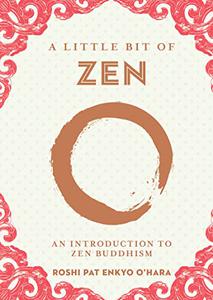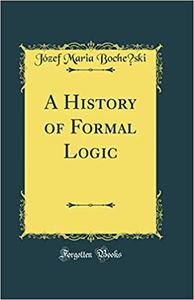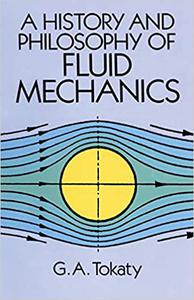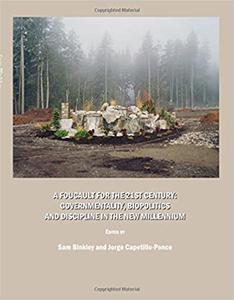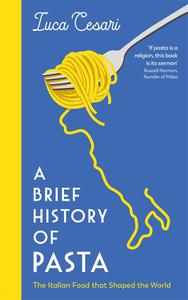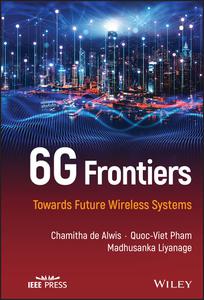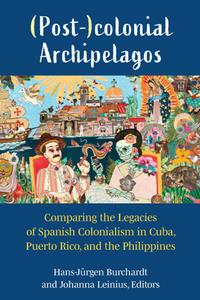Dec
07
2022
A New Etymological Vocabulary of Pashto
kenn 7 Dec 2022 03:28 LEARNING » e-book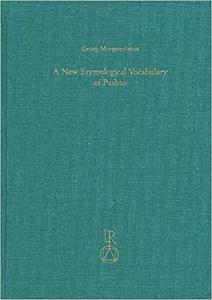
Georg Morgenstierne, Josef Elfenbein, D N MacKenzie, "A New Etymological Vocabulary of Pashto (Beitrage Zur Iranistik)"
English | 2003 | ISBN: 3895003646 | PDF | pages: 148 | 2.9 mb
Pashto is one of the national languages of Afghanistan, which is also spoken by a significant minority in Pakistan. An archaic language of the Iranian family, it offers a vocabulary of extraordinary variety and interest. As well as retaining many words inherited from Old Iranian and ultimately from proto-Indo-European, Pashto has also absorbed a great deal of foreign vocabulary, from Classical Greek to Persian and modern Indian. Georg Morgenstierne's Etymological Vocabulary of Pashto, published in Oslo in 1927, was the first work to explore these multiple relationships in a systematic and comprehensive way. Soon after its publication, Morgenstierne began collecting material for a revised and expanded version, but thisremained unfinished when he died more than half a century later in 1978. After the lapse of another quarter of a century, it is at last possible to present the long-awaited New Etymological Vocabulary of Pashto, a completely new work compiled from Morgenstierne's handwritten notes by three leading scholars in the field of Iranian linguistics. In all essentials it remains Morgenstierne's work, though considerably augmented by additional references which take into account the greatly increased information available today on modern Indo-Aryan as well as on Middle Iranian languages such as Bactrian and Khwarezmian. This work supersedes Morgenstierne's earlier Etymological Vocabulary of Pashto and will take its place beside the same author's Etymological Vocabulary of the Shughni Group (Reichert Verlag, 1974) as a standard modern work of reference on the history of the languages of Afghanistan. Complete indexes of all words cited from Iranian, Indo-Aryan and other languages help to make the contents accessible to those who are not specialists in Pashto or other Iranian languages.

